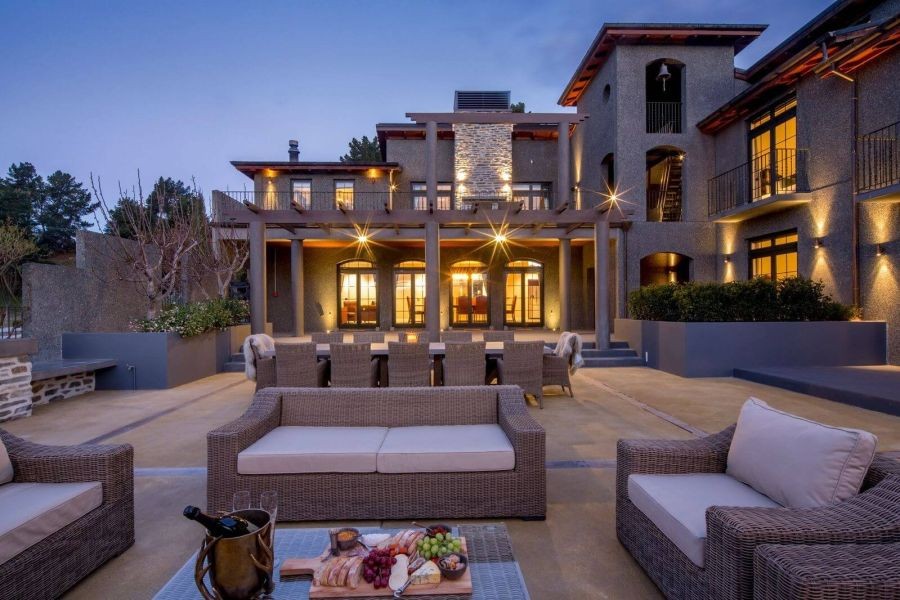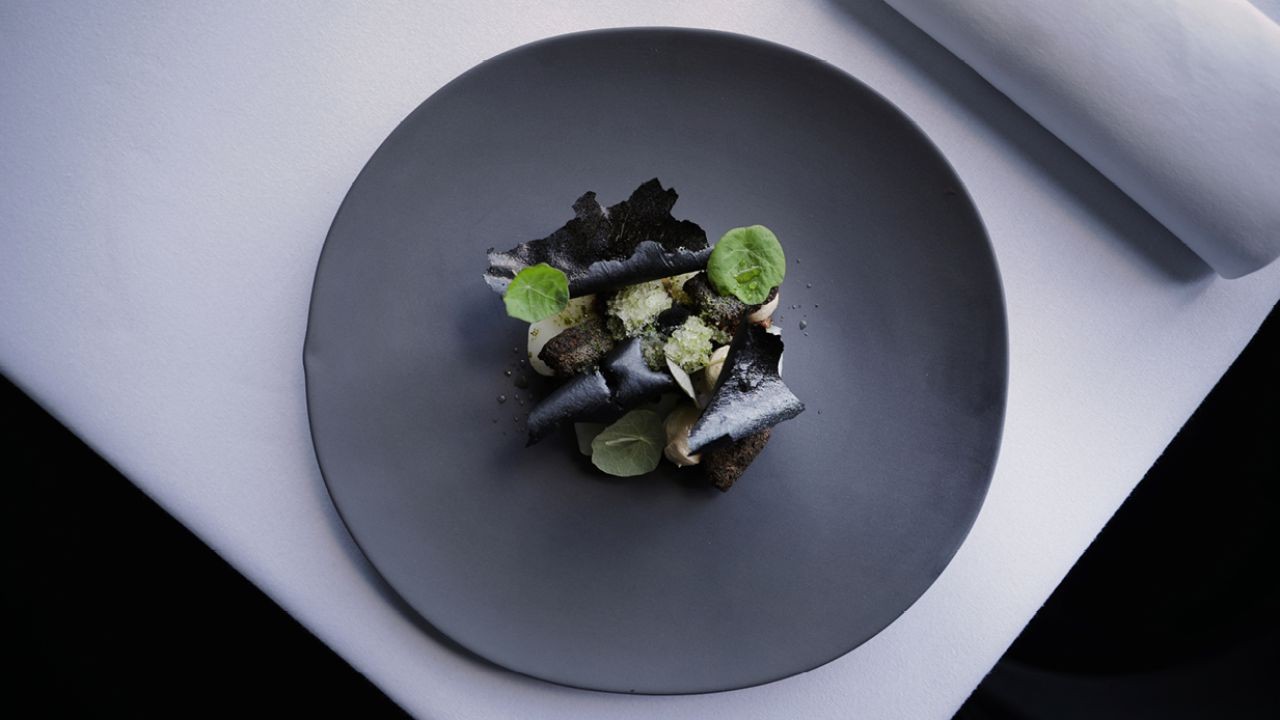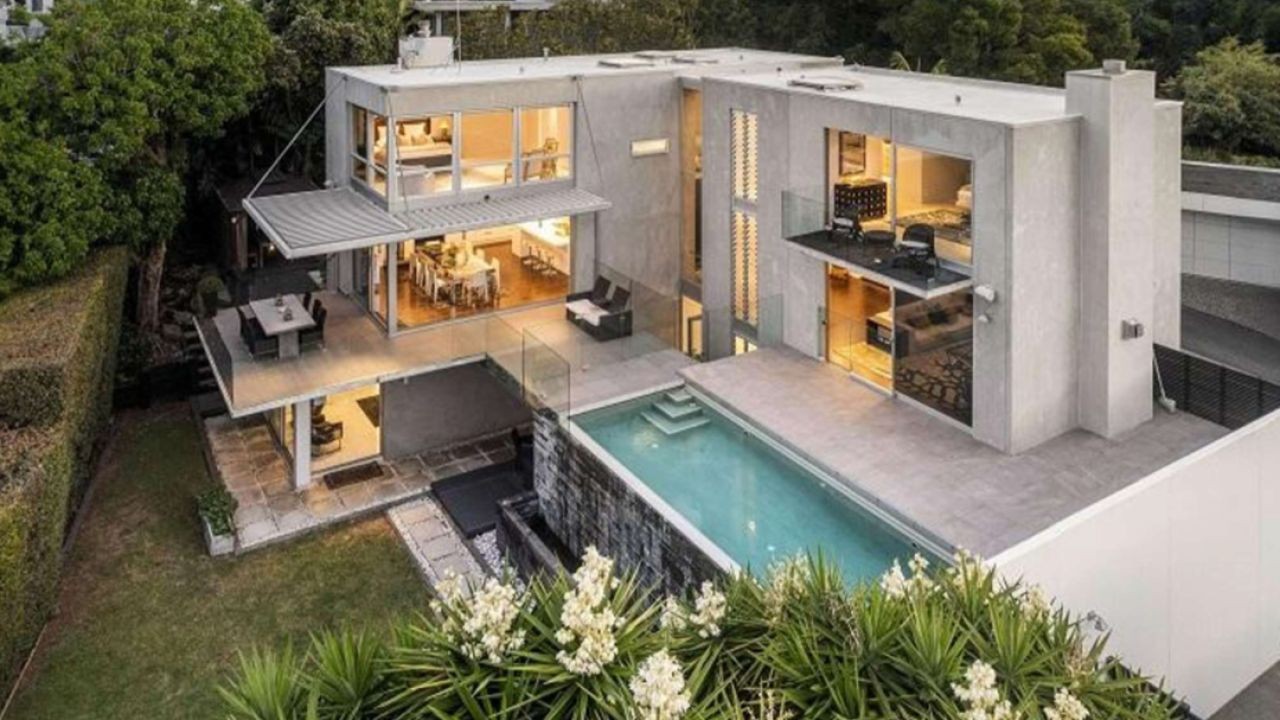Inside the Boom of New Zealand’s Luxury Housing Market Inside the Boom of New Zealand’s Luxury Housing Market
New Zealand’s luxury housing market has been capturing global attention for its rapid growth and unique appeal. But what’s driving this boom, and how can investors navigate these waters? In this in-depth analysis, we dive into the economic forces, industry trends, and strategic opportunities shaping this sector.
The Current State of New Zealand’s Luxury Housing Market
Despite the global economic uncertainties, New Zealand’s luxury housing market has demonstrated resilience and growth. According to Stats NZ, the value of high-end properties increased by 12% in the past year alone, underscoring a robust demand among domestic and international buyers. This growth has been fueled by a combination of factors, including favorable economic conditions, limited housing supply, and New Zealand’s appeal as a safe haven.
Why Is the Luxury Housing Market Booming?
- Economic Stability: New Zealand's strong economy, characterized by low unemployment rates and steady GDP growth, offers an attractive environment for real estate investment.
- International Appeal: With its stunning landscapes and high quality of life, New Zealand has become a prime location for affluent individuals seeking a second home or retirement destination.
- Limited Supply: Strict zoning laws and geographic constraints contribute to a limited supply of luxury properties, driving up prices as demand remains high.
- Investment Incentives: Government policies, such as investor-friendly interest rates, have further catalyzed the market's growth.
Case Study: Queenstown’s Luxury Real Estate Surge
Problem: Queenstown, known for its breathtaking scenery, faced a surge in luxury property demand, but supply was lagging. The local market struggled to accommodate wealthy buyers.
Action: To address this, developers focused on sustainable luxury developments, integrating eco-friendly designs with high-end amenities. Collaborative efforts with local councils ensured new projects met environmental and zoning requirements.
Result: Over three years, Queenstown’s luxury property prices rose by 18%, with a 25% increase in international buyers. The strategic focus on sustainability attracted environmentally conscious investors, enhancing the town’s global reputation.
Takeaway: Sustainable development in luxury real estate not only meets demand but also aligns with growing environmental concerns, offering a competitive edge.
Data-Driven Insights from Stats NZ
According to Stats NZ, the average price for luxury homes increased by 15% in 2023, outpacing the general market by 8%. This trend highlights the luxury sector’s resilience and potential for higher returns compared to traditional properties.
Moreover, a report from the Reserve Bank of New Zealand indicates that low interest rates have significantly boosted borrowing capacity, enabling more investors to enter the luxury market.
Contrasting Viewpoints: Is the Boom Sustainable?
While the luxury housing market is thriving, experts are divided on its sustainability:
Advocate Perspective
Proponents argue that the luxury market will continue to flourish due to ongoing international interest and limited supply. The unique appeal of New Zealand’s lifestyle and environment ensures a steady influx of high-net-worth individuals.
Critic Perspective
Critics caution that the market may face challenges from potential economic slowdowns and regulatory changes aimed at cooling property speculation. They argue that prices may stabilize as interest rates adjust and new policies emerge.
Middle Ground
Both sides agree on the need for strategic investment approaches, suggesting that investors focus on long-term value and sustainable practices to mitigate risks.
Pros and Cons of Investing in New Zealand’s Luxury Market
Pros:
- High ROI Potential: Luxury properties often yield higher returns due to increasing demand and limited availability.
- Prestige and Exclusivity: Owning a property in a sought-after location enhances status and offers unique lifestyle opportunities.
- Portfolio Diversification: Investing in luxury real estate provides a hedge against market volatility.
Cons:
- Market Volatility: Luxury markets can be more susceptible to economic fluctuations, impacting property values.
- High Entry Costs: The initial investment required for luxury properties is significantly higher, which may limit accessibility.
- Regulatory Risks: Changes in government policies could affect tax implications and foreign investment rules.
Common Myths About the Luxury Housing Market
Myth:
"Luxury properties are only for the super-rich."
Reality:
While traditionally catering to wealthy buyers, the market is increasingly accessible to savvy investors leveraging financing options and partnerships.
Myth:
"Luxury real estate investments are always risky."
Reality:
Contrary to this belief, luxury properties often provide stable returns due to their unique appeal and limited supply.
Future Trends & Predictions
Looking ahead, the luxury housing market in New Zealand is expected to evolve with trends such as smart home technology integration, eco-friendly developments, and a greater emphasis on community living. According to a 2024 report by Deloitte, these factors will drive innovation and attract a diverse range of investors.
Final Takeaways
- New Zealand’s luxury housing market offers lucrative opportunities, driven by economic stability and international interest.
- Sustainable and smart developments are key to maintaining market appeal.
- Investors should focus on long-term strategies to navigate potential risks and maximize returns.
Conclusion
As New Zealand's luxury housing market continues to thrive, investors have a unique opportunity to capitalize on its growth. By understanding the market dynamics and focusing on sustainable and strategic investments, you can secure a profitable future in this burgeoning sector. Ready to explore these opportunities further? Start by researching the latest market trends and consulting with local real estate experts today.
People Also Ask (FAQ)
- How does the luxury housing market impact New Zealand’s economy? The luxury housing market contributes significantly to the economy by attracting foreign investment and boosting local industries.
- What are the biggest misconceptions about luxury real estate? Many believe luxury properties are unattainable, but financing options and strategic investments make them accessible to a broader audience.
- What are the best strategies for investing in luxury homes? Focus on location, sustainability, and long-term value to ensure profitable returns.
Related Search Queries
- Luxury real estate trends in New Zealand
- Investing in New Zealand property market
- Queenstown luxury homes for sale
- Eco-friendly luxury developments NZ
- Impact of foreign investment on NZ housing

































Naydroid
8 months ago